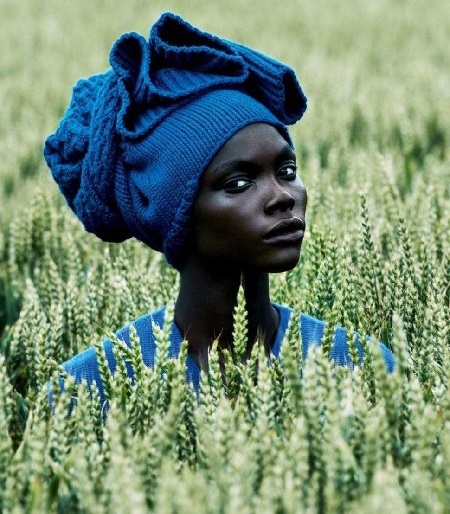Women and Habitat – Africa Working Group

A growing group of HIC Members collaborating on women-and-habitat issues meets monthly to share experiences and plans, as well as exchange information about upcoming opportunities for advocacy and other join action.
HIC’s Women and Habitat Africa Working Group (WHAWG) produced the statement to mark Urban October to create more awareness of urban housing issues by sensitizing the public. This was done under the framework of human rights, with the human right to adequate housing at the center. It emphasized how a violation of housing rights often leads to violation of other human rights such as food and water, with women suffering the most. Water, sanitation, security, access to health services are integral to adequate housing, beyond just the physical structure.
The Zimbabwe People’s Land Rights Movement (ZPLRM) presented the statement during the launch of their report on the Innezdale Farm evictions that are violating women’s land and housing rights.
Advocacy
The WHAWG participants at online meetings in October and November reviewed plans and opportunities for advocacy in regional and international forums in 2022. This aligns Members with the efforts underway such as the global HIC project: “Connecting across Human Rights Related to Habitat: Civil Society Action for Gender and Land Policy Impact.” The project operates a two-track process: Building HIC Member capacities toward more-effective human rights-based advocacy.
The foreseeable advocacy opportunities in 2022 are diverse and include advocating women’s housing and land rights before the UN Commission on the Status of Women (CSW), Commission in Social Development and Human Rights Council (CSocD), and Committee on the Elimination of Discrimination against Women (CEDaW), as well as the African Commission on Human and Peoples’ Rights (ACHPR).
Research
To support advocacy, WHAWG has so far developed an illustrative inventory of priority subjects for joint and collective research, including:
- Women’s access to, and control of land and productive resources;
- Customary tenure systems and their effects on women’s habitat, livelihood and wellbeing;
- The rights—including participation—of women in state programs;
- Women’s experience in inheritance of housing and land;
- Underlying causes and factors underpinning the exclusion of women.
After much deliberation, WHAWG members agreed that all the above topics are priorities, but a glaring gap remains between policy frameworks and implementation in Africa. Often, good policies are in place, but implementation remains a challenge. A common priority is to can conduct research to establish why the implementation (if any) of these policies has been so weak in benefitting women.
Tasks and Leads
WHAWG members reaffirmed their welcome to all HIC Members in Africa to join the Working Group. Already, they have organized themselves into task teams. The task team membership will be updated and rotated regularly in ensure equitable participation. As of July 2021, these teams include: (1) Training/capacity building, sensitization and research; (2) Policy analysis, M&E and quantification of impacts; (3) Social media communication and public information; (4) Advocacy before the United Nations and African Union; (5) Consultation and negotiation with local governments/authorities and other CSOs; (6) Membership coordination and partnering with HIC organs and Members in other regions; and (7) Budgeting and fund raising. The roles and responsibilities are currently distributed among Working Group members from Angola, Cameroon, Egypt, Kenya, Nigeria, Senegal, South Africa, Uganda, Zambia and Zimbabwe.
For further information, contact Dr. Ifeyinwa Ofong at: worldwidenigeria@yahoo.co.uk
|